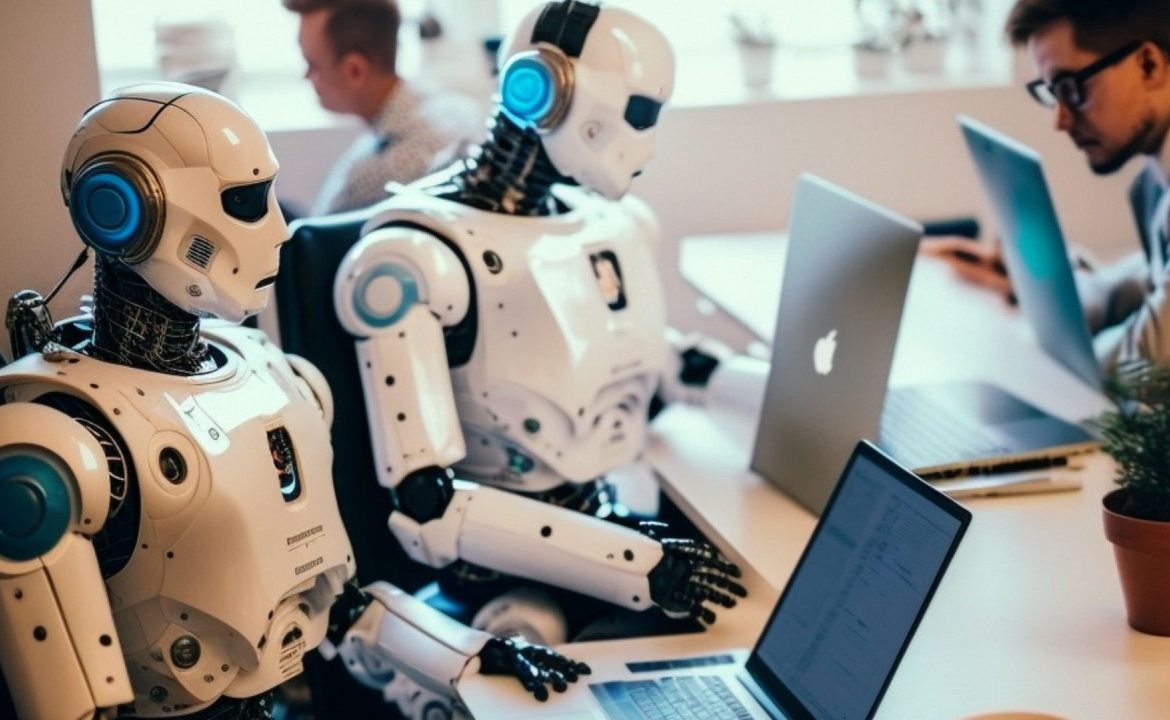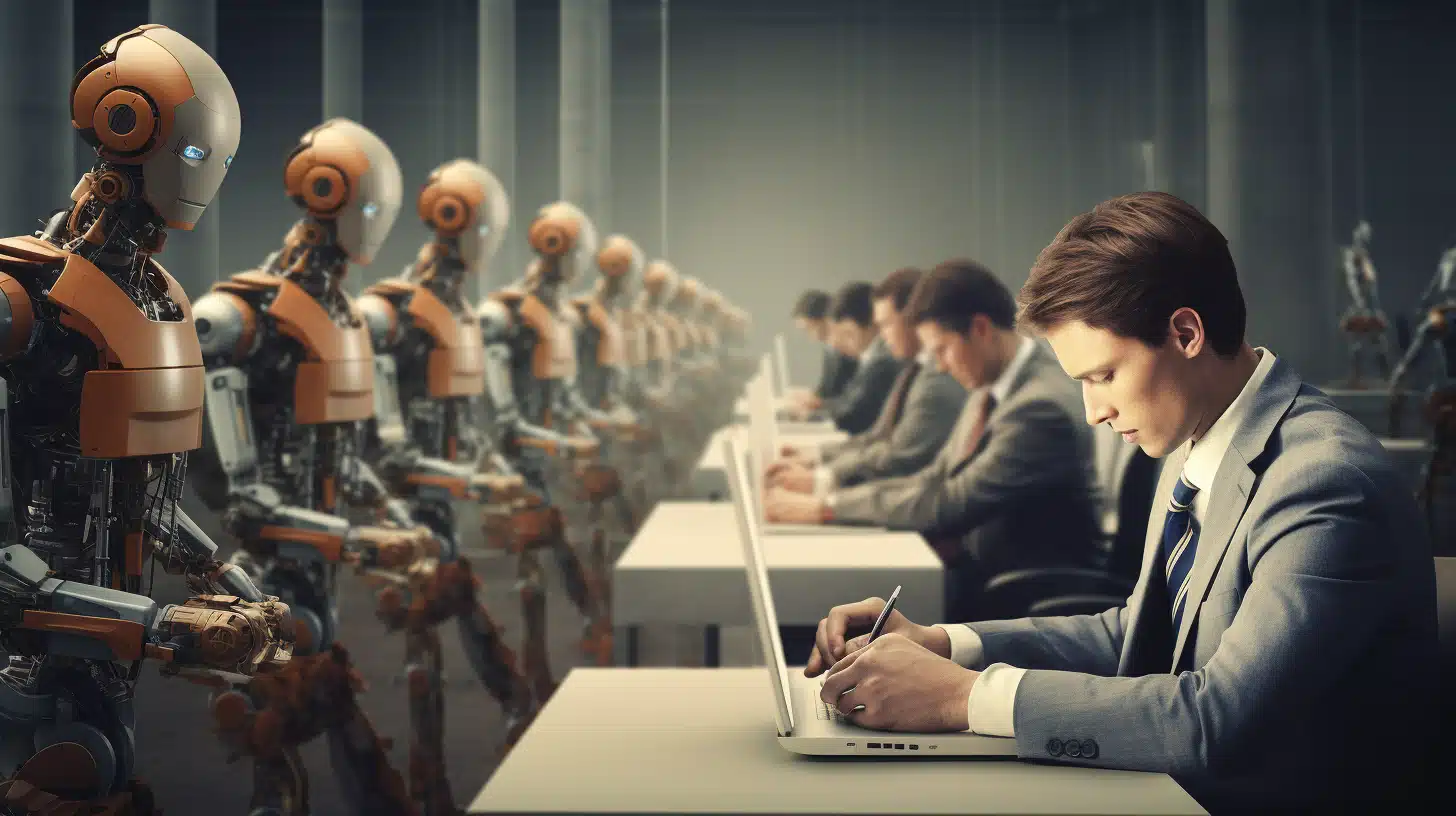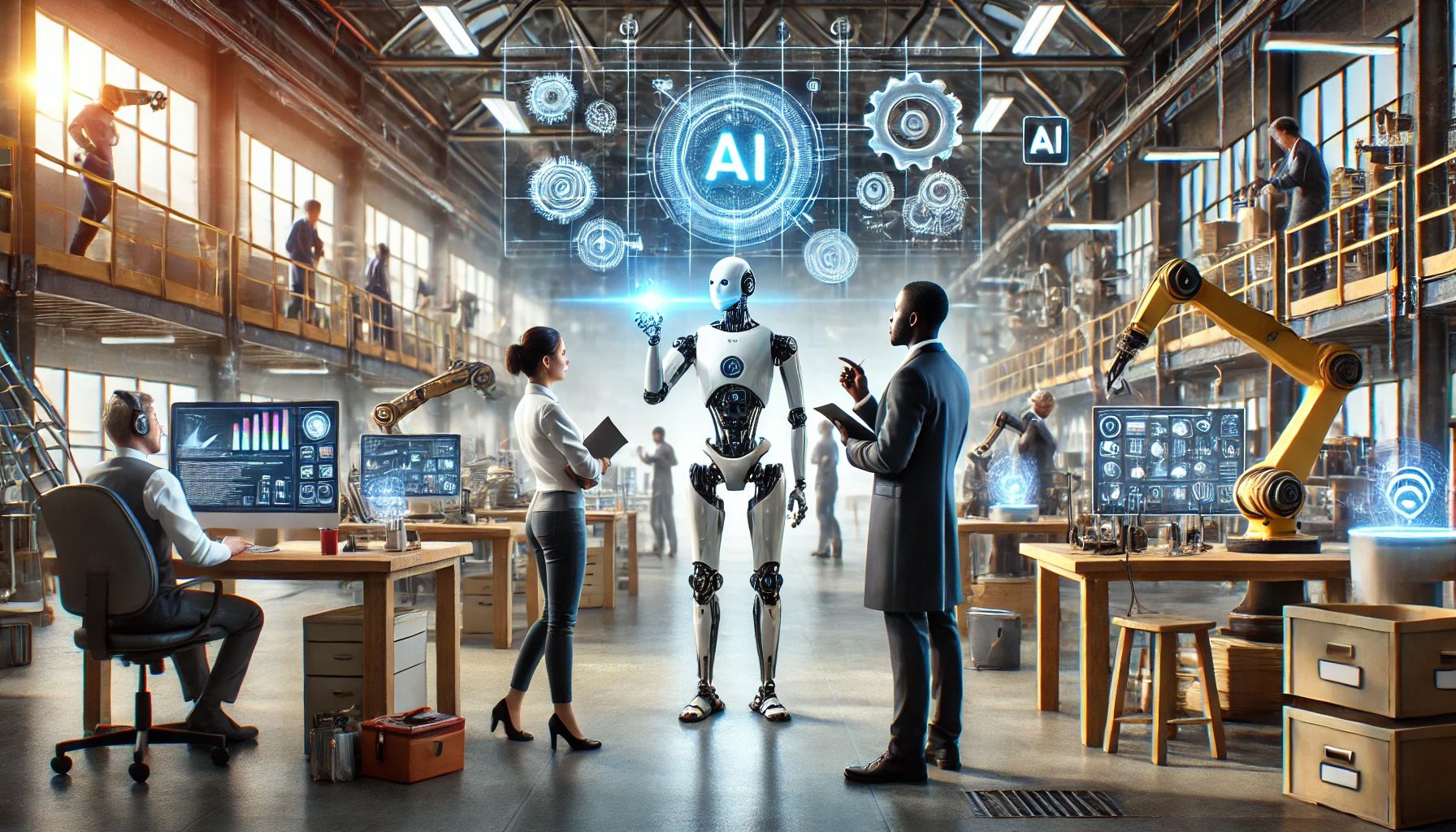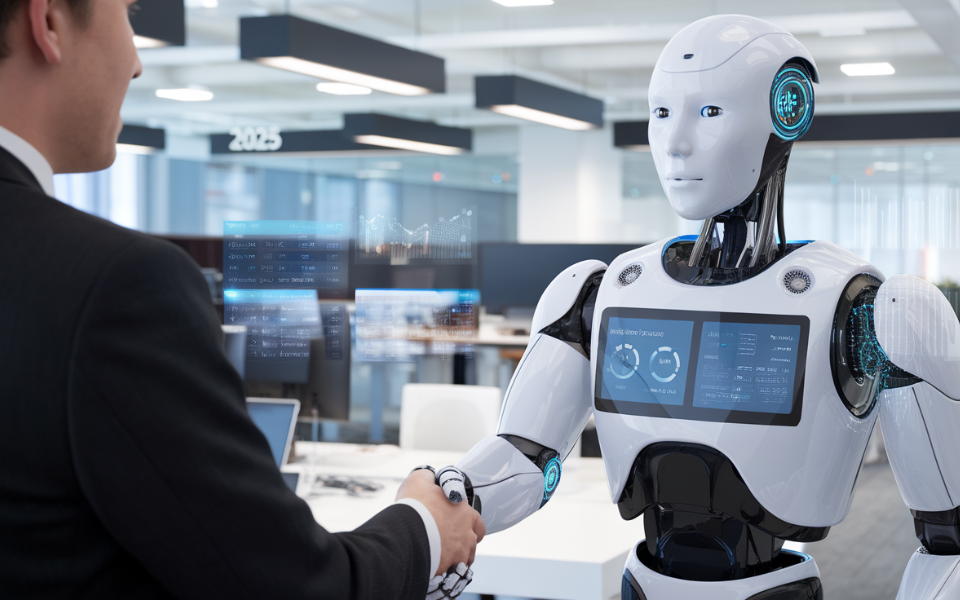Artificial Intelligence (AI) and automation technologies are reshaping the workforce across industries, creating both excitement and uncertainty. While concerns about job displacement are common, it’s equally important to understand the new opportunities these advancements are unlocking.
What is Job Automation through AI?
Job automation involves using AI-powered systems, robotics, and software to perform tasks that traditionally required human labor. From automating routine office work to enabling intelligent decision-making, AI is streamlining workflows and redefining job roles in nearly every sector.
Key Opportunities in AI and Job Automation
Enhanced Productivity and Efficiency
AI systems can handle repetitive and time-consuming tasks with unmatched speed and accuracy. By automating data entry, scheduling, inventory management, and more, businesses can free up human workers to focus on higher-level strategic and creative tasks.
Creation of New Job Roles
While automation may replace certain tasks, it also creates new roles such as AI trainers, data scientists, machine learning engineers, and automation specialists. These emerging jobs require a blend of technical knowledge, critical thinking, and adaptability.
Upskilling and Reskilling Potential
The rise of AI opens the door to large-scale workforce development programs. Governments, companies, and institutions are investing in training initiatives to equip workers with digital and analytical skills, ensuring they remain relevant in an AI-driven economy.
Innovation Across Industries
AI fosters innovation in industries like healthcare, manufacturing, agriculture, logistics, and finance. From predictive analytics to intelligent robotics, automation helps solve complex problems, opening doors for entrepreneurship and specialized career paths.
Improved Job Quality
By automating mundane and physically demanding tasks, AI can improve workplace safety and job satisfaction. Workers can shift toward roles that require emotional intelligence, creativity, and decision-making—areas where humans continue to outperform machines.
Global Workforce Inclusion
Remote work and AI-based collaboration tools enable companies to tap into global talent pools. Automation platforms can bridge language barriers, streamline communication, and allow individuals from diverse backgrounds to participate in the digital economy.
Considerations for the Future
While AI offers powerful benefits, managing the transition responsibly is essential:
- Equity and Access: Ensuring all communities have access to AI-related training and opportunities is crucial for inclusive growth.
- Ethical Automation: Businesses must design automation strategies that are fair, transparent, and centered on human welfare.
- Workforce Planning: Companies should support employees through career transitions with learning programs, mentorship, and clear communication.
Conclusion
AI and job automation are not just about replacing jobs—they are about transforming work for the better. By embracing new technologies with foresight and responsibility, we can unlock opportunities that lead to greater innovation, economic growth, and meaningful employment. The future of work is not machine vs. human, but machine with human—working smarter, together.







Leave feedback about this